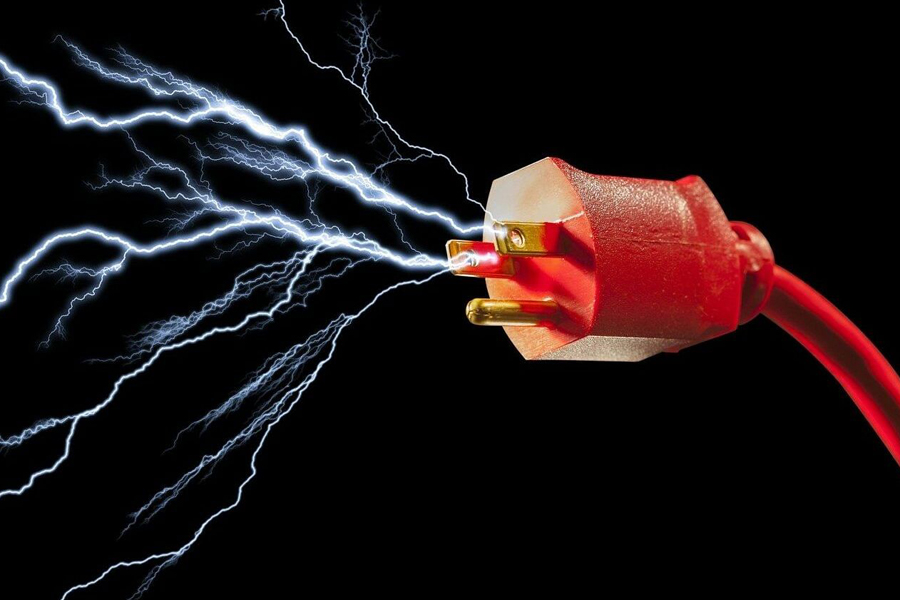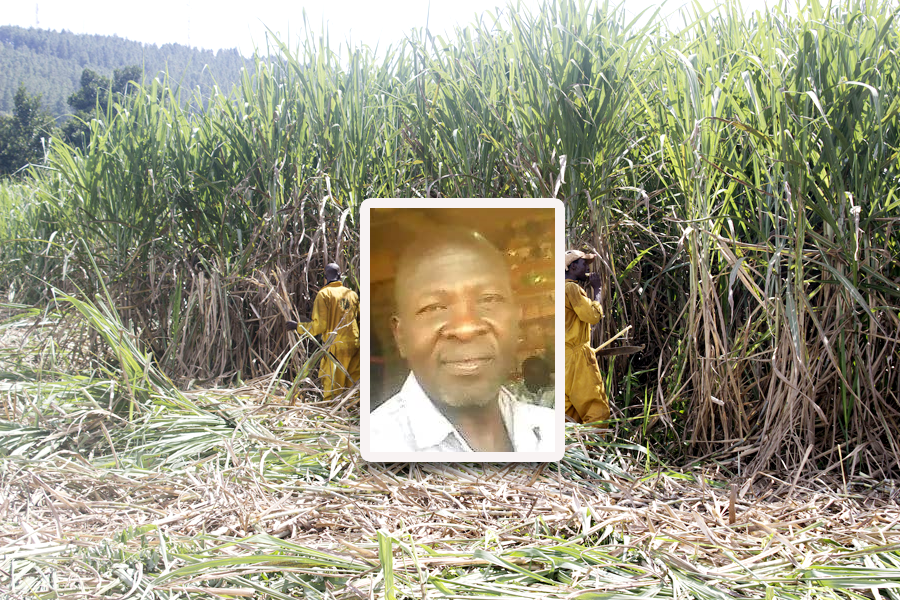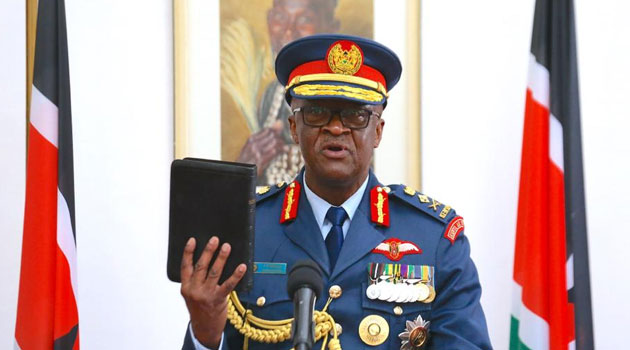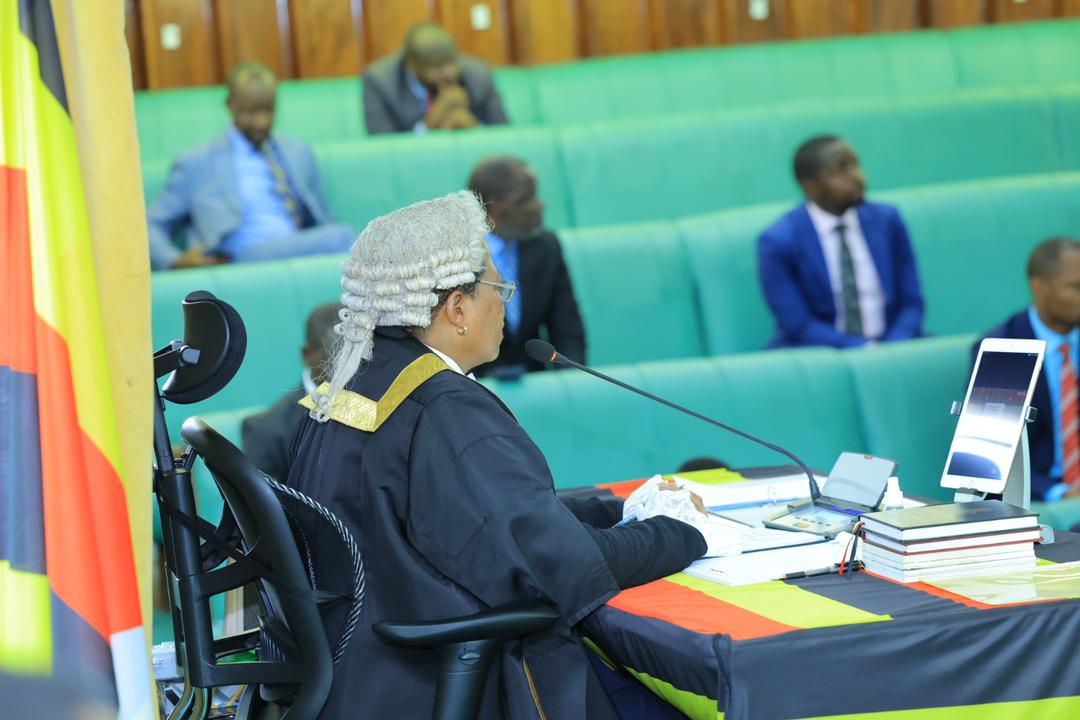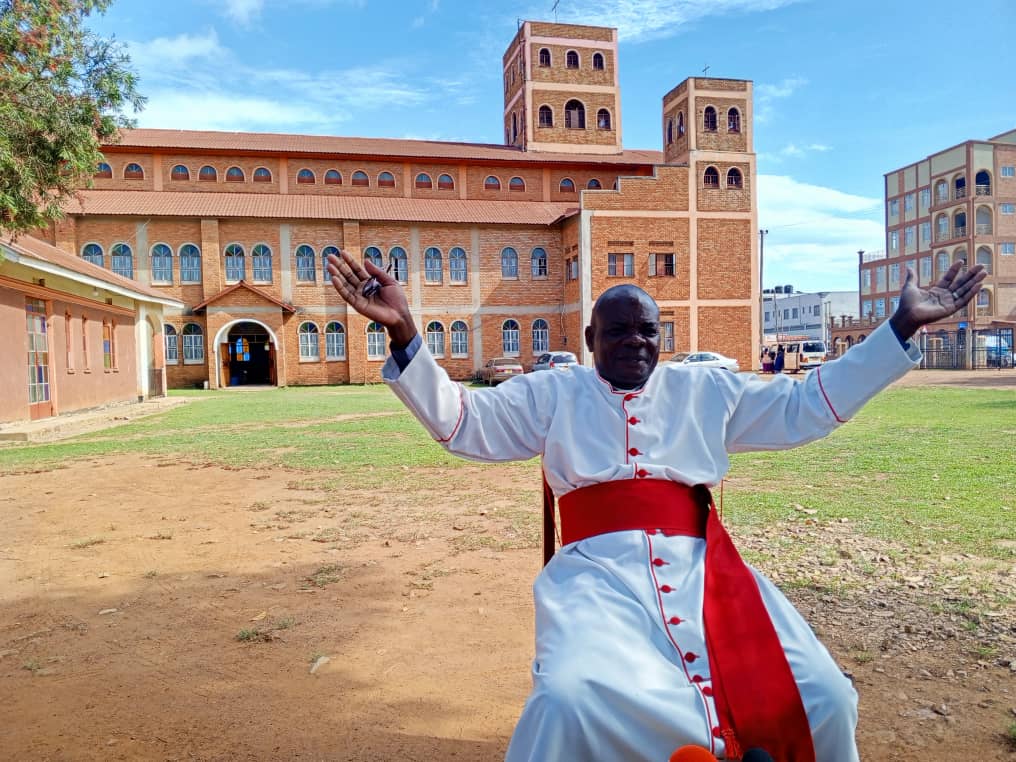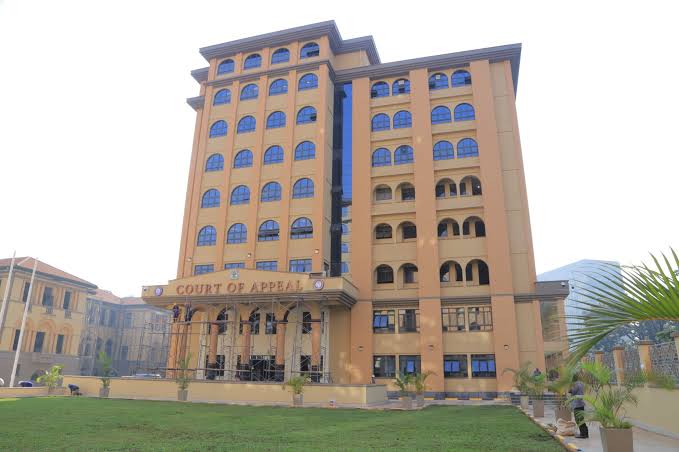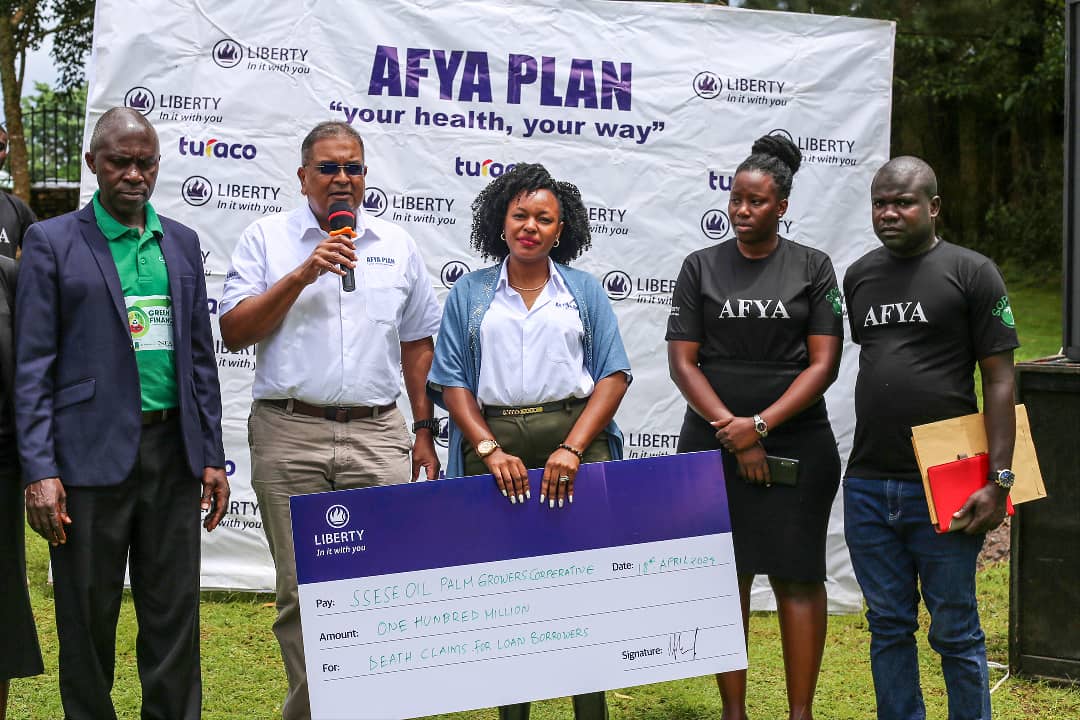Why Uganda has the ability to assemble buses
By Joachim Buwembo
Uganda is now in position to harness both its natural resources and human knowledge to produce a range of manufactured products that it has hitherto been importing from other countries.
In his address to the ruling NRM central executive and national councils ahead of the party preliminary and national 2021 elections, President Museveni disclosed that Uganda is set to stop importation of buses and even mere assembly of the passenger vehicles.
“Uganda has everything: the wealth based on natural resources and the wealth based on the human resource,” the president told the delegates, charging them to go out and explain this and other related matters which are contained in a documents pack that he released for the occasion.
Museveni went on: “The documents also bring out the fact that given the huge achievements we have gained in health and education, we are now beginning to harvest from the knowledge–based economy. This is where our scientists, use their knowledge to make products: vehicles, agro-products, medicines, vaccines, computer solutions. We are stopping, for instance, the importation of ready-made buses and we no- longer accept the concept of assembling buses and other vehicles here. Our scientists and some of the investors have capacity to fabricate these products locally. In the same way, they have capacity to make other products ─ medicines, vaccines, etc. This is a new form of wealth for Uganda ─ the wealth from knowledge. It is no longer just the wealth of coffee, cattle, cotton, etc. Fortunately, Uganda has everything: the wealth based on natural resources and the wealth based on the human resource.”
Regarding the natural resources required by the automotive industry for the manufacture of buses the president referred to, Uganda has some 250 million metric tons of iron ore. For the conversion of iron ore into steel, plans are in advanced stages to build a mini steel mill at Kyambogo University.
The steel plant to be built students and their lecturers will be unique as it is based on clean technology that only releases water vapour as a waste product, unlike most of the world’s steel mills that release carbon waste that has contributed heavily to emissions that have caused climate change.
The country also has vast petroleum deposits that are on the verge of exploitation in Bunyoro. Although most voters only think of these as a source of fuel, the petroleum provides the source of plastics, the second most needed material in building the vehicles.
Uganda also has vast graphite, lithium and cobalt deposits for the production of batteries to power modern electric vehicles, as are already being made by the government’s own Kiira Motors and Luwero Industries.
High quality sand for glass is alas found in plenty in Uganda, as are other minerals useful in the automotive industry like Copper, Titanium, Zinc, Lead, Gold and Kaolin.
But the farmer is also not to be left out in the automobiles manufacture. Ugandan cotton is and even banana fibre have also been tested and found suitable for much of the interiors. The Kiira EV buses already on the road have also had bamboo used for their well finished interiors.





